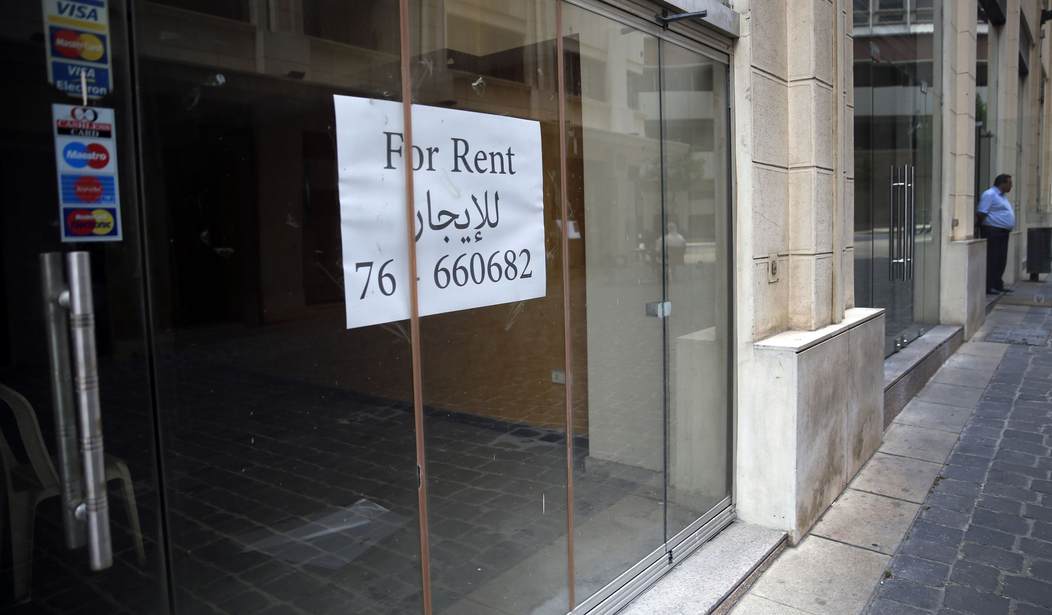Back in 2020 as the pandemic was heating up, Massachusetts was one of many states that invoked a ban on the eviction of renters, going further than even the federal government. The measure, known as Chapter 257, had remained in place since that time, being regularly renewed. But state legislatures finally allowed it to lapse at the end of March. Now there is a push among Democrats in the state’s House of Representatives to bring it back and make it permanent. While the new proposal wouldn’t ban all evictions permanently, it would make it much more time-consuming and expensive for landlords to remove people for non-payment of rent or other violations. (Boston Globe)
The Legislature allowed the original — but temporary — measure known as Chapter 257 to lapse at the end of March despite pleas from homeless and housing advocates to keep it in place until at least July 2024. Evictions have begun rising to pre-pandemic levels, and Chapter 257, supporters argued, was a proven way to stave off pushing potentially thousands into homelessness.
House Democratic leaders agree, despite allowing the measure to expire…
The House is scheduled to debate and pass its budget plan later this month. But it’s unclear whether Senate leaders, or Governor Maura Healey, would support making the eviction measure permanent.
Eviction rates were already increasing to previously normal levels even before Chapter 257 expired. There were twice as many evictions in January and February of this year than in the same period in 2022. The larger question here should involve why the legislature is even considering a measure that was only intended to provide relief for people who were put out of work during the pandemic shutdowns.
The Globe article notes that polling among landlords showed many were not opposed to the eviction moratorium. But that’s only because the state program was reimbursing them for the lost rental income in most cases. The state budget is already having some serious holes shot in it, so how do they plan to continue covering those costs?
In the end, what we’re witnessing in Massachusetts is yet another case of Democrats attempting to normalize that which was never normal in the pre-pandemic era. Nongovernmental real estate has always remained part of the private market. Landlords purchase rental properties to earn a profit and tenants sign contracts agreeing to make their rental payments. If the state eliminates that obligation, the rental real estate market implodes. If the state covers the cost of the delinquent renters’ payments for the landlord, all they are doing is transferring the debt to the public. (Ironically, including the landlords.)
At what point did it become “normal” for people to expect to be able to stop paying their rent or other obligations and not face any repercussions? There are public assistance programs including public housing that are available for those who run into economic hardship and fall behind. But if you are working or at least have some other form of steady income, you’ve traditionally been expected to make arrangements for your own housing. You can’t just continue dumping all of these costs on the state government because, as the old saying goes, you will eventually run out of other people’s money.
The pandemic is over. People are back to work, unemployment is very low and there are many job openings all across the country. We’re supposed to be returning to normal. And “normal” includes paying your rent and other obligations.








Join the conversation as a VIP Member